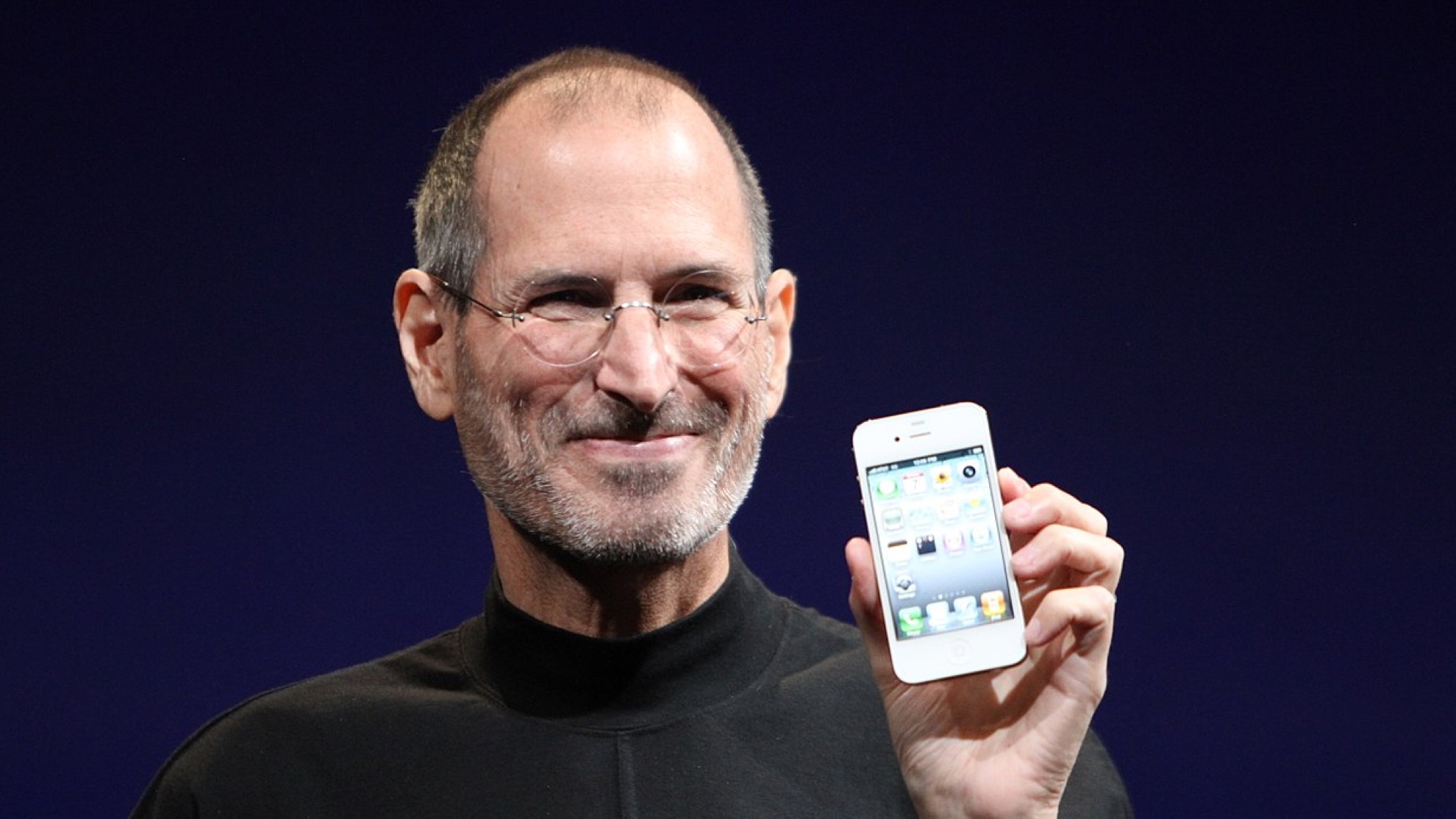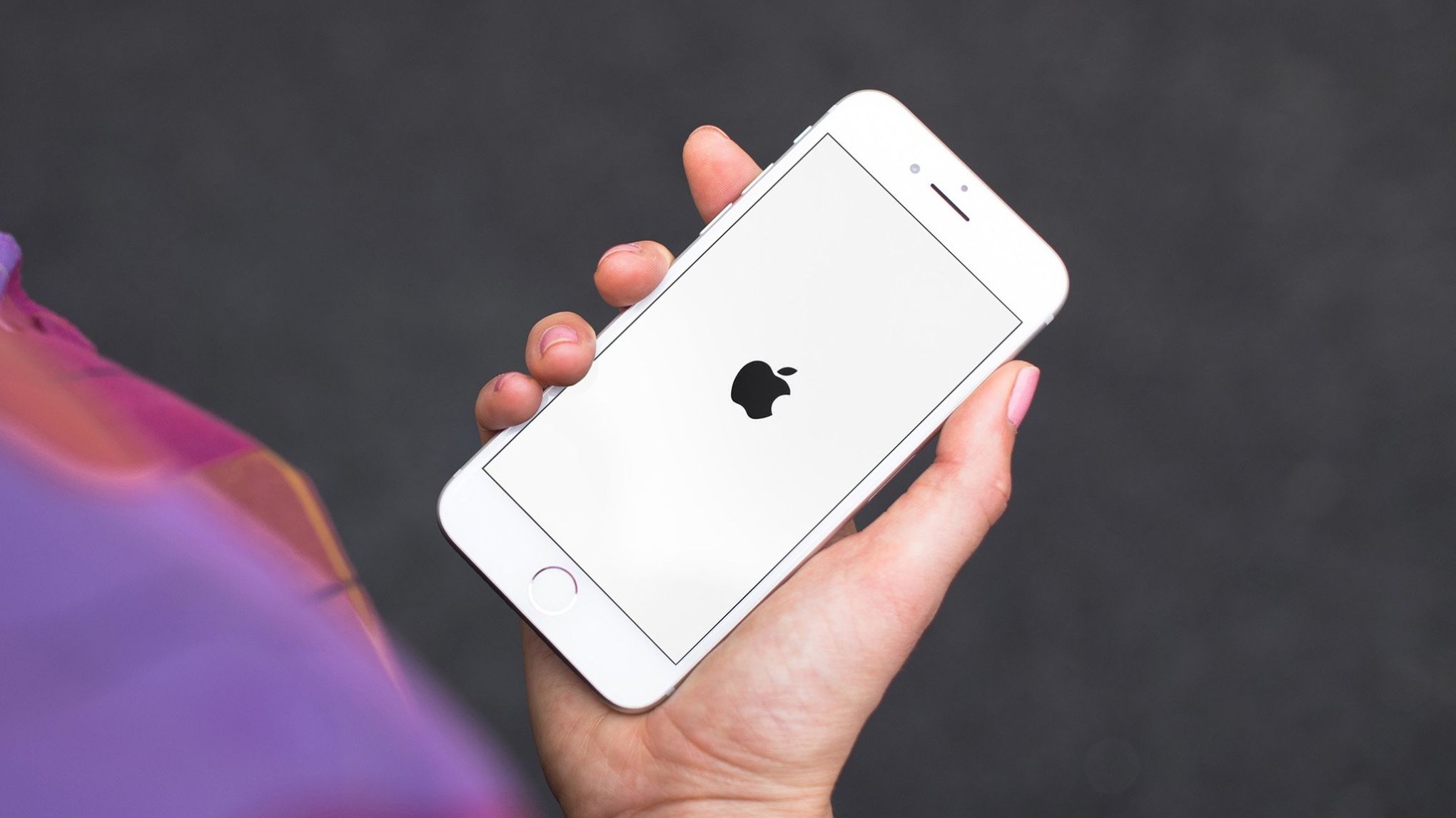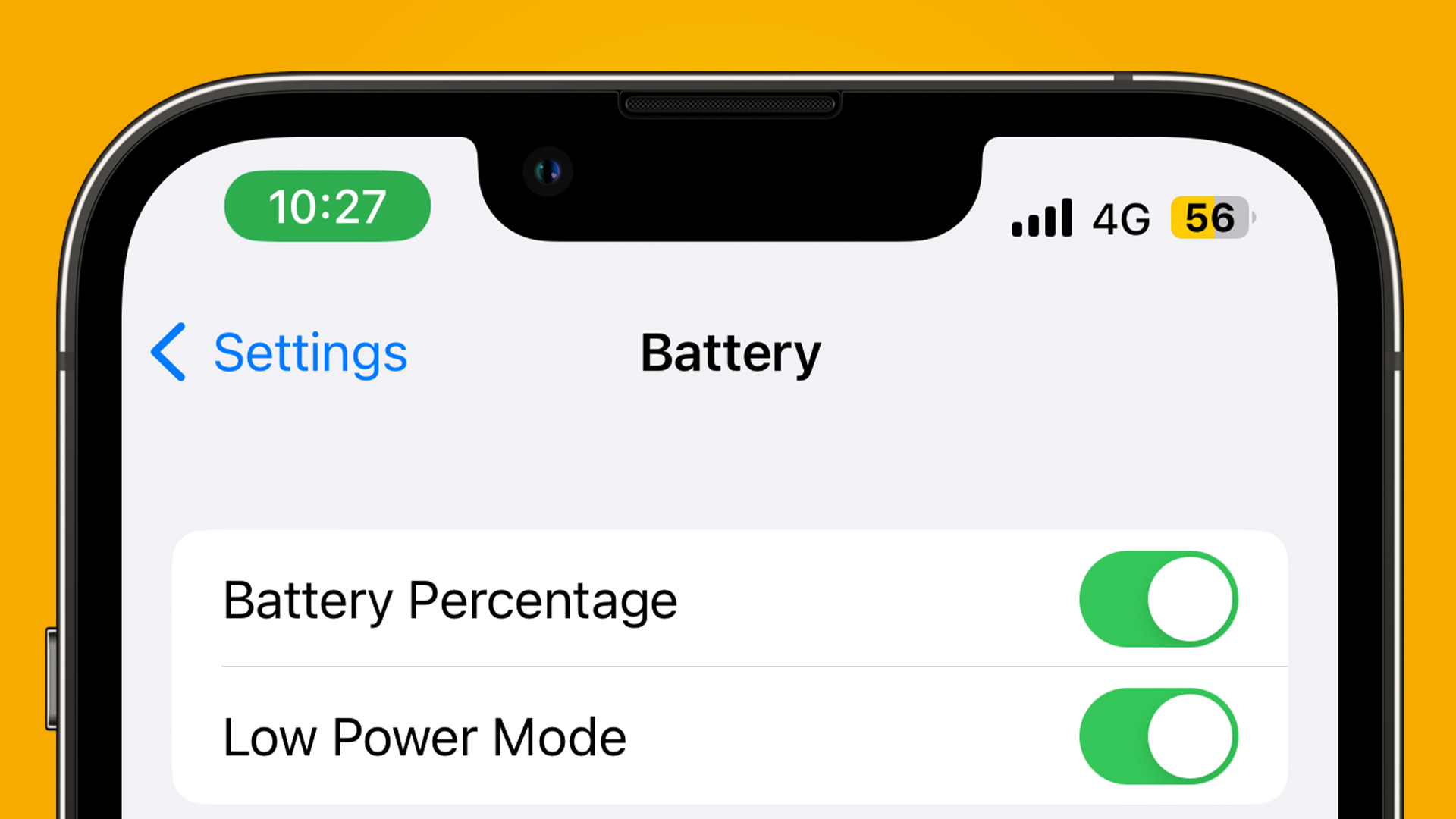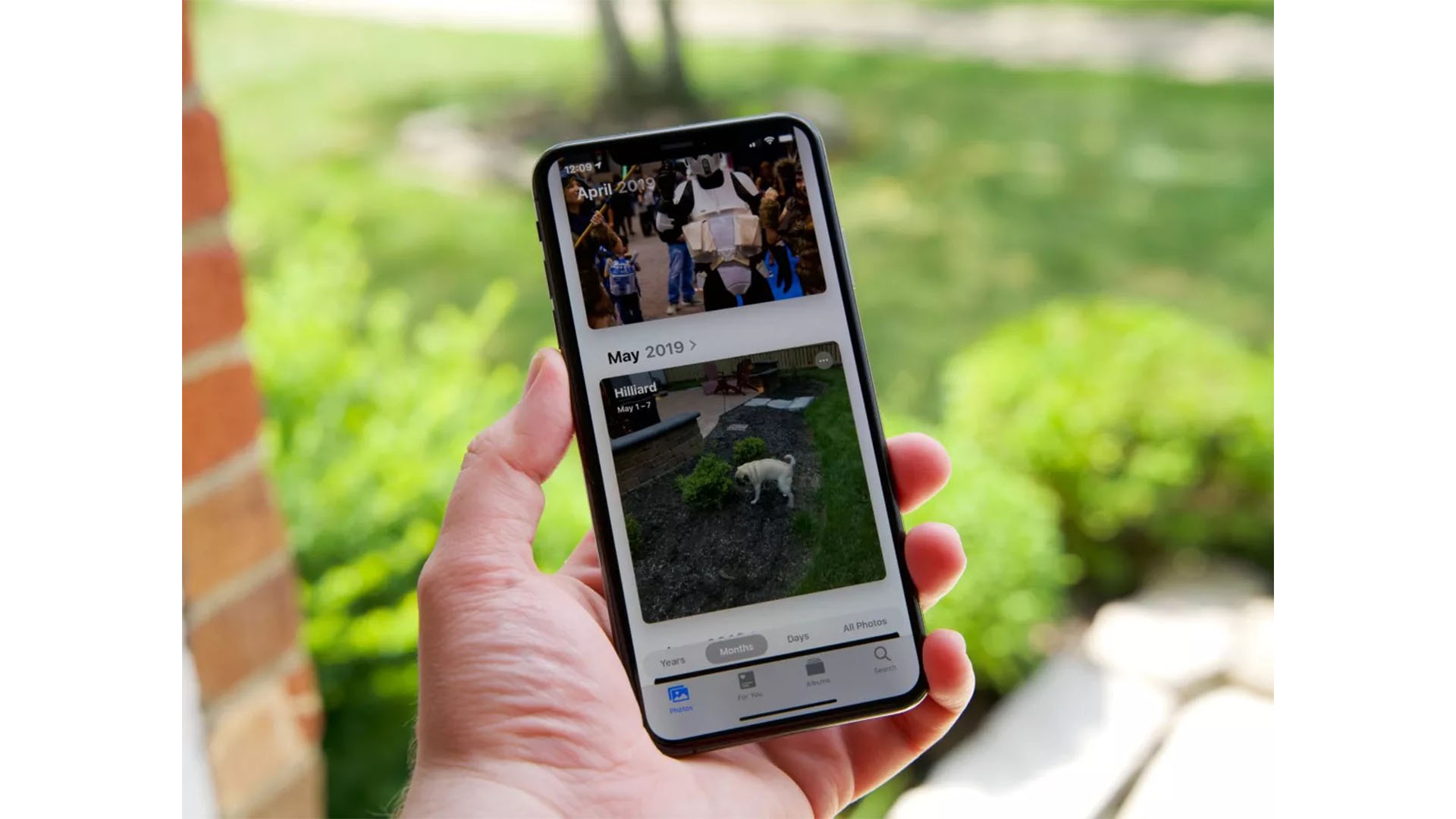
The Watergate scandal was one of the biggest political events of the 1970s, but it was nothing compared to a slightly bendy iPhone. Or at least, that’s how it’s seemed over the last decade or two, with relatively minor Apple design flaws and business decisions given the “gate” suffix and turned into global scandals.
Some of those scandals were entirely Apple’s fault, but others were massive overreactions - and when some outlets saw the attention anything Apple-gate gathered, there were some pretty blatant attempts to create scandals over things that really didn’t matter.
But which were which? Let’s discover the history of Apple’s -gate scandals from the biggest to the most ridiculous.
1. Antennagate (iPhone 4)
This was the big one, and it happened over ten years ago now. The 2010, $199 iPhone 4 was a massive redesign of Apple’s world-conquering phone, and it was a beautiful bit of design – which is why it was still essentially in production a decade later in the form of the iPhone SE. But that design had one slight flaw: the iPhone 4 wasn’t great at making phone calls. If you held it in your left hand, your signal bars disappeared and your call might drop altogether.
Steve Jobs didn’t exactly help: he told reporters that the people complaining should “just avoid holding it that way”. Jobs saying “You’re holding it wrong” soon became an internet meme, usually used to indicate arrogance. And Jobs was being arrogant, because despite his dismissal and Apple’s claims that this was an issue with every phone it really wasn’t; it was a design flaw that Apple had been warned about and would later fix.
As an interim measure, Apple offered full refunds or a free case that solved the problem, but while Jobs said that only 0.55% of buyers had contacted Apple with complaints Apple still had to pay out big sums to settle a class action suit.
2. Bendgate (iPhone 6/6 Plus)
Another big iPhone redesign, another big iPhone scandal. This time it was 2014 and the then-new iPhone 6 and 6 Plus, and thanks to a court case we know that Apple was well aware that its new design was 3.3 to 7.2 times more likely to bend than the iPhone 5S: just putting your phone in your back pocket could turn it into a banana.
I know this firsthand because that’s exactly what happened to mine. I’ve kept my iPhones in cases ever since.
2½. Hissgate (iPhone 7)

File this one under “Mountains from molehills.” Hissgate was given much more attention than it deserved because Antennagate and Bendgate had driven so much traffic to news sites.
It affected a small number of iPhone 7 and iPhone 7 Plus buyers who noticed a slight hissing sound when restoring their apps and settings from iCloud, a fairly processor-intensive task; Apple swapped the phones that hissed for ones that didn’t and the problem went away.
It’s unclear whether there was a faulty early batch of iPhone 7 devices or if it was just a few isolated quality control issues, but whatever the explanation it really wasn’t a big deal.
3. Batterygate (iPhone 6/7, iOS 11)

In 2016, Apple released iOS 10.1.1 and some users of the iPhone 6 and iPhone 6S – presumably ones whose phones hadn’t bent like paperclips – reported that their phones would shut down without warning when their battery percentage dropped below 30%. Apple issued an update, iOS 10.2.1, to fix it – but that introduced a new issue. Now, the developers of the Geekbench performance monitoring app found that iPhone 6 and iPhone 7 models running the update were demonstrating a pattern of performance degradation. That is, they weren’t running at full speed anymore.
It didn’t take long for an old conspiracy theory to return: Apple was deliberately making older iPhones slower in order to make you buy a new one instead. And while in the past that was most likely nonsense because new OSes typically did more and consumed more system resources with each new version, this time Apple really was slowing down phones. Apple said it was to prevent battery shutdowns, but not everyone believed them.
Apple would go on to deliver a whopping 11 million cut-price battery replacements and promised that it had never, and never would, “do anything to intentionally shorten the life of any Apple product, or degrade the user experience to drive customer upgrades”. With iOS 11, Apple completely revamped iPhone battery management to improve battery longevity without compromising iPhone performance.

4. Beautygate (iPhone XS/XS Max)

With the launch of iOS 12.0.1 on the iPhone XS and XS Max, some users noticed something distinctly odd: themselves. Photos of people suddenly looked odd, with visibly smoother skin – not just magazine-cover smooth, but scary-robot-face smooth.
It turned out that the culprit was a bug in the Smart HDR feature, which was designed to intelligently analyze and adjust photos for the best possible results; the bug made it choose the wrong base frame (a long exposure rather than a short one) and make you look like your own waxwork. The bug was corrected in iOS 12.1.
5. Flexgate / Displaygate (MacBook Pro)
Flexgate sounds like another Bendgate, but it was a different problem: in 2016 Apple redesigned the MacBook Pro with a new flex cable, which is the cable that connects the display to the display controller. Unfortunately, some MacBook Pros, particularly Touch Bar versions, were made with flex cables that were too thin and too flimsy; they would catch, jam, and create weird backlight issues or stop the display from working at all.
Apple changed its design and introduced a free repair program for the two affected models, the 13-inch MacBook Pro with two Thunderbolt 3 ports and the 13-inch MacBook Pro with four Thunderbolt 3 ports, and it’s still in operation today.
5½. U2gate (iTunes)
U2Gate happened in 2014 but Bono is still apologizing for it: in what was supposed to be a cool bonus for Apple owners, every single iTunes user was gifted U2’s then-new album Songs of Innocence. There were just three problems with that. One, it wasn’t U2’s best album by a long shot. Two, not everybody wanted it. And three, it was added to your library whether you wanted it or not.
The stunt apparently cost Apple $100 million and it definitely backfired badly: Wired called it “worse than spam” and Salon said that it made U2 “the most hated band in America”. Writing in his 2022 memoir Surrender, Bono put his hands up: “Mea culpa,” he wrote. “I had this beautiful idea and we got carried away with ourselves.”







